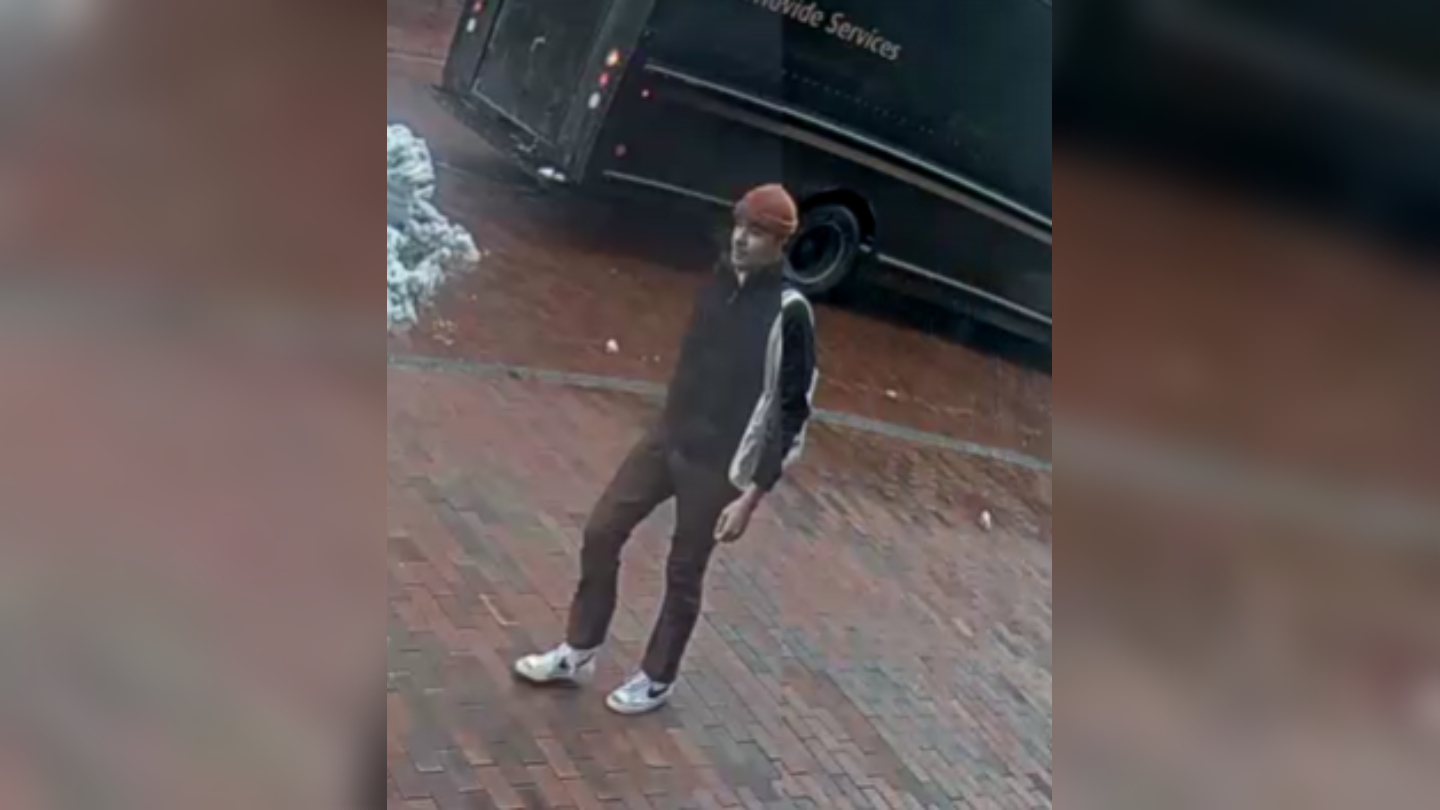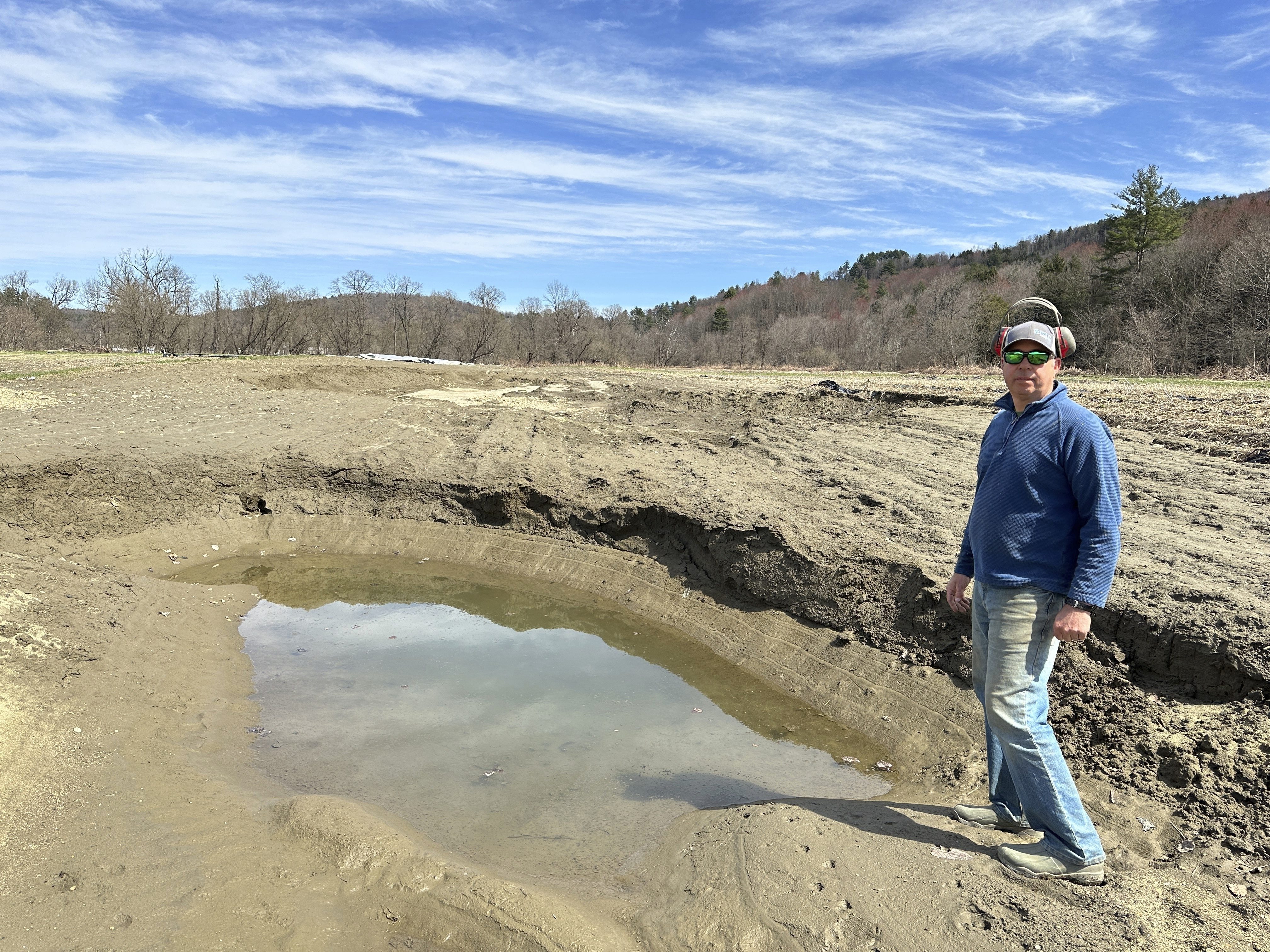Top officials from several dozen police agencies from all over the country are attending a conference in Burlington, Vermont this week. Attendees of the National Alliance of State Drug Enforcement Agencies heard Monday about Vermont's approaches to combating heroin and prescription pill abuse.
"It's very refreshing," observed Lt. Col. Steve Maxwell of the Mississippi Bureau of Narcotics, describing Vermont's plan to reduce opiate addiction and associated problems. "It's going to take a coalesced effort among law enforcement, treatment, and addiction communities to address the issue of drug abuse; not just here in Vermont, but in all 50 states."
Vermont's plan, outlined early this year by Gov. Peter Shumlin, a democrat, has emphasized expanding treatment offerings.
Last month, the Shumlin administration said the number of people in treatment for opiate addictions has climbed from 1,704 to 2,519 since January. That has happened thanks to the opening of the West Ridge treatment center in Rutland and efforts at other centers to whittle away at waiting lists for treatment. There still are waiting lists for clinical help in Vermont, but significantly smaller ones than existed a year ago, the Shumlin administration said.
"We've got an epidemic," Gov. Shumlin told the NASDEA conference Monday. "We've got to stop discriminating against it as a disease."
Shumlin said the challenge of opiate addiction is not one police can solve alone. He described a statewide community forum held this summer as one way the Vermont Health Department helped foster discussions of community-based solutions. The governor also pointed to the expansion of pre-trial risk-assessment programs as a way to get low-level criminal suspects into treatment, if their crimes are motivated by addiction, and reduce crime in the process.
A grant to enhance prescription drug monitoring should also help, Shumlin said, as should a pilot project in two Vermont prisons to allow inmates to remain on their maintenance drugs, reducing the likelihood of re-addiction to more serious opiates. The Vermont Health Department also distributed 1,175 rescue kits, containing the drug naloxone, which has been used to reverse dozens of opiate overdoses, Shumlin said.
Vermont
The latest news from around the state
"It's good to see this area and Vermont in particular take a forward-thinking, multi-pronged approach to the problem," said Capt. Kyle Marquart of the Missouri State Highway Patrol. "It's a great example for agencies and departments throughout the country."
"Drugs will always be an issue," acknowledged Agent Ray Hancock of the Delaware State Police Drug Diversion Unit. "But we need to attack it, we need to track it, we need to address the issue. We need to keep it from getting worse. We need to make life better."
The spotlight Vermont has gotten for its approach on opiates has not always been as welcome as the attention paid this week by the NASDEA.
This spring, a "Rolling Stone" image of an iconic maple syrup can transformed to depict a sugar maker injecting heroin got under the skin of real maple producers like Burr Morse. "Isn't that awful?" Morse told WPTZ-TV on April 1. "It's just tragic that this outfit would use such a blatant lack of common sense, for gosh sake."
Kylie Morris of the United Kingdom's ITV News is in Vermont working up an in-depth report on opiate addiction for her network, and told New England Cable News she aims to be driven in her reporting by the stories of Vermonters directly affected by addiction, including people in recovery from drug addiction, and families who experienced the death of a relative due to an overdose.
"I think Vermont is making a name for itself as somewhere that's taking the drug issue--certainly the heroin issue--very seriously," Morris said.
The correspondent told NECN that heroin has gripped many in Europe, too, but noted it is less common there for problems to start with painkiller abuse. Prescription pills are harder to access in the UK, Morris said.
"It's a particularly American story, and Vermont feels like the right kind of place to tell it," she said. "You come to [Vermont to] see the leaves change color, you come to ski, you come to look at the lakes, and I suppose that's why as a storyteller, this is an interesting place to come to tell the story of something much darker."
Gov. Shumlin has acknowledged he knows not everyone in his state is comfortable with having the world's attention trained on Vermont's struggles with opiate addiction. But his sense is that communities with their heads in the sand can never see a way forward.



